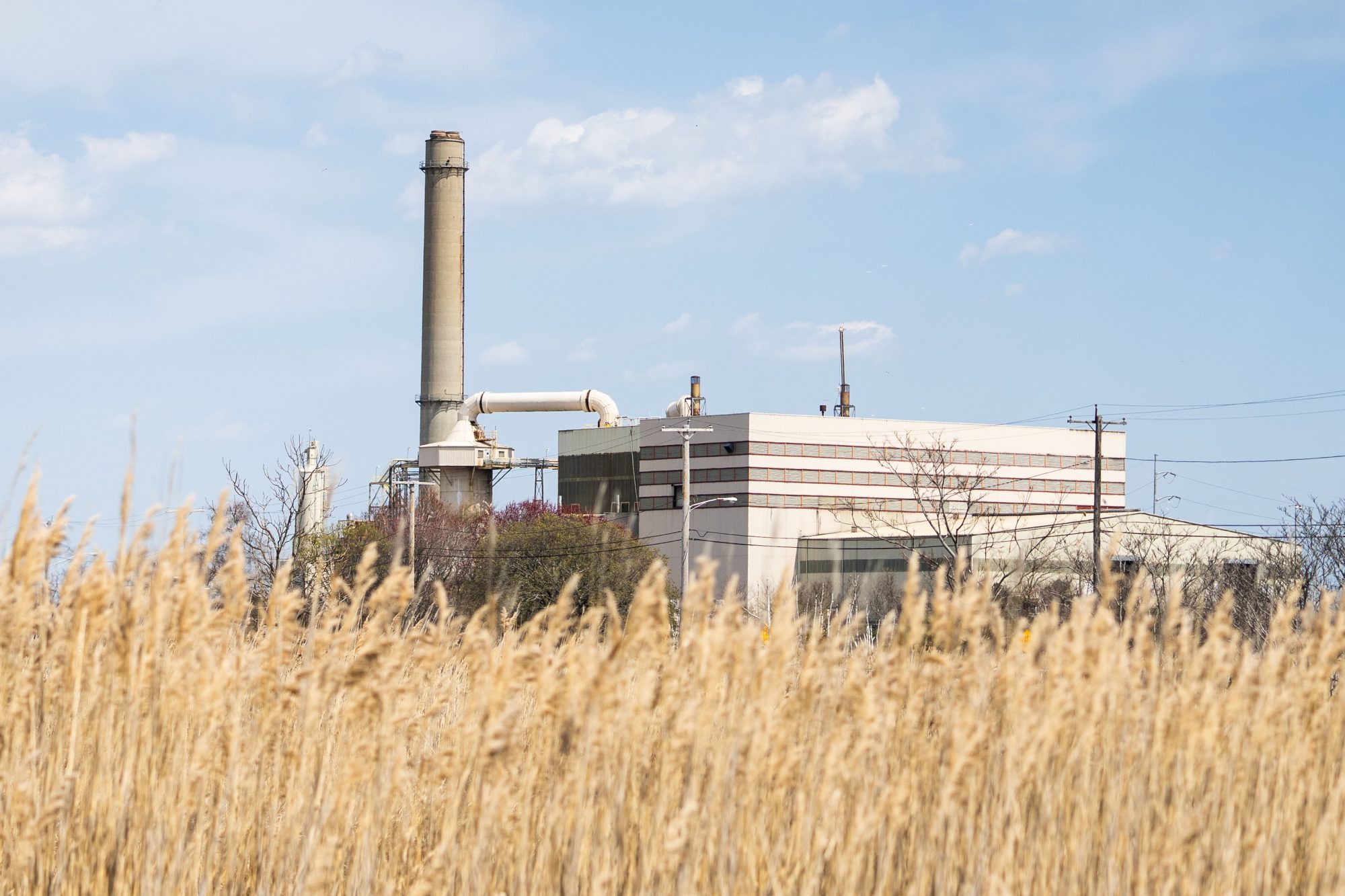A federal judge is set to rule on whether or not declarations obtained in support of WIN Waste Innovations by Saugus Board of Selectmen Chair Anthony Cogliano are admissible as evidence in a class action lawsuit filed against the company, after it came to light that Cogliano signed the documents rather than those whose declarations would be used as evidence.
The revelation came to light in a Feb. 6 motion asking a judge to dismiss the declarations as evidence in the suit, which was filed by Brenda Sweetland and other residents living near the company’s waste-to-energy facility in US District Court in May 2021. The suit alleges that Sweetland and other residents of Saugus and Revere living near the facility suffered damages in the form of decreased property values and an inability to enjoy their properties due to dust and noxious odors emanating from the Salem Turnpike facility.
In a statement, the company called the suit “meritless” and said there are “no odor or dust impacts from our Saugus facility.”
In response to the filing of the suit, the company reached out to residents of Saugus and Revere to “confirm” that they did not experience adverse effects due to the facility. It was during that process that a representative of the company contacted Cogliano, himself a lifelong resident of the area of Saugus nearest to WIN’s facility, for help.
Cogliano, the most prominent elected official in town, has been proactive in trying to improve the town’s relationship with WIN. He spearheaded the creation of a Landfill Committee, which worked to craft a Host Community Agreement (HCA) with the company. The HCA is set to come before the Board of Selectmen for a third time at their Feb. 21 meeting.
When Cogliano was approached by the company to collect signatures from residents he knew who would sign a declaration stating they experienced no adverse effects from the facility, he did so by phone, asking them if they had any issue with WIN, then signing the declarations with their permission. Cogliano allegedly did so without informing them he was submitting a document on their behalf to be used in a class action lawsuit.
When the company’s attorneys learned that Cogliano signed the declarations himself, they contacted the plaintiff and asked Cogliano to obtain signatures from the residents he had submitted declarations on behalf of. He did so, driving to their homes and obtaining their signatures.
But, the filing argues, the supplemental declarations do not remedy the apparent error of Cogliano signing the initial declarations.
“Nothing could be further from the truth,” the filing reads. “Defendant’s tactics in procuring supplemental declarations remained just as abusive, misleading, and coercive and warrant an order excluding them from evidence.”
The filing notes that many of the supplemental declarations — 17 of 19 — were all signed on the same date: Aug. 20, 2022. Cogliano filled the forms out on behalf of the residents, leaving them only to sign the documents. In a deposition, Cogliano said each interaction took roughly a minute.
“I showed up just asking them for their signature,” he said.
Part of the issue Cogliano now faces is his apparent lack of explanation of what the declarations were and what he was asking residents to sign.
One declarant, John Cooper, said in a deposition that he “did not read” the declaration and Cogliano “did not ask” him to read it. Another, Craig Serino, whose cousin Michael serves on the Board of Selectmen with Cogliano, did not recall reading the document and said “if I read it, I just signed anyway.” Serino said Cogliano approached him at the gym, asking if he wanted to sign something.
In an interview, Cogliano said he was never instructed to get residents to physically sign the declarations, and that he did not know what the company intended to use the documents for.
“When they asked me to get the signatures I got them,” he said.
He went on to denounce the suit as a whole, particularly the backlash to his involvement, writing in a statement that he felt it was “an attempt to attack my integrity and my commitment to Saugus.”
“Now, after we have completed a community-driven process to begin the conversation on an HCA, when the town has taken its first steps in getting some benefit from the plant on the Salem Turnpike, this lawsuit pops up and I get personally attacked,” Cogliano said, adding that he believed the suit and the HCA had nothing to do with one another. “I have always put Saugus and its residents first.”
The motion asks a judge to bar the company from using the declarations in its response to the suit, and to award the plaintiff more than $4,000 in out-of-pocket costs, which were used in the discovery of how Cogliano obtained the signatures.

